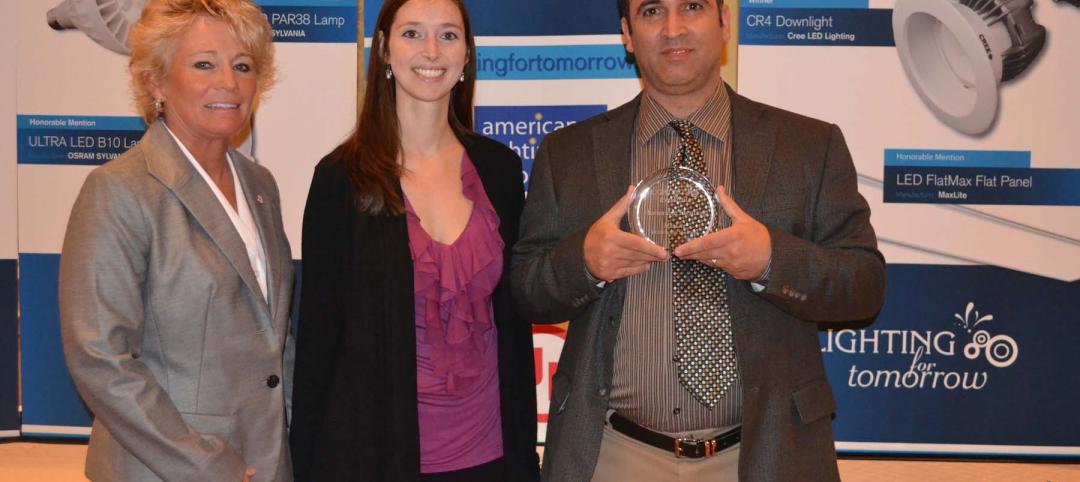For the better part of a decade, we’ve watched AEC firms and real estate owners and developers pluck business practices, technology, and talent from the tech and manufacturing industries—digital workflows, automation, innovation competitions, hackathons, maker culture, Lean operations, technologies like predictive analytics, AI, and immersive reality.
AEC “outsiders” hold prominent positions in large firms, with titles like Chief Data Officer and Chief Innovation Officer. Firms are angel investors, startup backers, and purveyors of custom-built software tools and tech platforms. They are exploring real-world applications for nascent technologies like digital twin, blockchain, and haptics for VR. They are backing or launching increasingly sophisticated offsite construction enterprises.
Indeed, the nation’s leading design and construction firms have embraced innovation culture in a big way—whether through formal structured processes or departments (still rare in our market), or an R&D “tinker” approach (much more common).
As firms begin to adopt the practices and mindset of Silicon Valley tech and advanced manufacturing, it’s fair to ask: Are all of these innovation projects and initiatives working? More to the point: Does your firm track the success rate of its innovation projects?
If you do, and your success rate is 50% or greater, guess what? You are faring much better than many of the tech firms that we collectively hold up on a pedestal as leading innovators. A new survey, conducted by Oracle, of more than 5,000 decision makers across 24 markets in software development and cloud solutions found that less than half of innovation projects ever make it to market. And it is the biggest firms (workforces up to 50,000) and the fastest-growing companies that struggle the most.
Survey respondents cited a host of reasons for the less-than-ideal “hit rate” on innovation projects: poor processes, lack of focus, absentee leadership, an over-commitment on the number of innovation projects, and an insufficient commitment from the business.
Another glaring issue: a lack of clear ownership. Executives (48%) and IT (46%) were identified as the most common owners of projects, but a variety of other functions were identified as champions in near-equal proportions, between 35% and 41%, according to the survey.
“Employees will always be a critical factor in any innovation program, but they need an effective and supporting culture of innovation to be successful,” said Neil Sholay, Oracle’s VP of Innovation. “This starts with a clear vision from leaders and the prioritization and funding of chosen projects.”
While the Oracle report is somewhat of an apples-and-oranges comparison to AEC, the survey findings demonstrate that even the most finely tuned organizations struggle to innovate.
Download the key takeaways of Oracle’s “Having a Successful Innovation Agenda” report at: tinyurl.com/yxathbeg.
Related Stories
| Oct 18, 2011
St. Martin’s Episcopal School expands facilities
Evergreen commences construction on environmentally sustainable campus expansion.
| Oct 17, 2011
USGBC L.A. Chapter's Green Gala to feature Jason McLennan as keynote speaker
Chapter to presents inaugural Sustainable Innovation Awards,
| Oct 17, 2011
Schneider Electric introduces UL924 emergency lighting control devices
The emergency lighting control devices require fewer maintenance costs and testing requirements than backup batteries because they comply with the UL924 standard, reducing installation time.
| Oct 14, 2011
MaxLite receives 2011 Lighting for Tomorrow honorable mention
The judging panel was particularly impressed with the performance of this fixture.
| Oct 12, 2011
BIM Clarification and Codification in a Louisiana Sports Museum
The Louisiana State Sports Hall of Fame celebrates the sporting past, but it took innovative 3D planning and coordination of the future to deliver its contemporary design.
| Oct 12, 2011
Building a Double Wall
An aged federal building gets wrapped in a new double wall glass skin.
| Oct 12, 2011
Consigli Construction breaks ground for Bigelow Laboratory Center for Ocean Health
Consigli to build third phase of 64-acre Ocean Science and Education Campus, design by WBRC Architects , engineers in association with Perkins + Will
| Oct 11, 2011
AIA introduces five new documents for use on sustainable projects
These new documents will be available in the first quarter of 2012 as part of the new AIA Contract Documents service and AIA Documents on Demand.
| Oct 11, 2011
Pink light bulbs donated to Society of Memorial Sloan-Kettering Cancer Center
For every Bulbrite Pink Light Bulb that is purchased through the Cancer Center Thrift Shop, 100% of the proceeds will be donated to help support breast cancer research, education, screening, and treatment.
| Oct 11, 2011
Onex completes investment in JELD-WEN
With the completion of the JELD-WEN investment, Onex Partners III is approximately 40% invested.

















